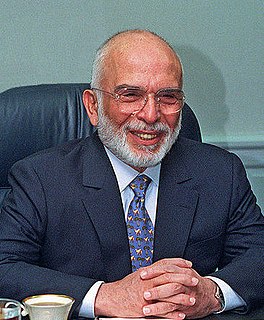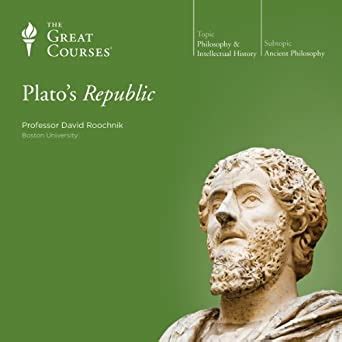A Quote by Letitia Elizabeth Landon
Suicide and antipathy to fires in a bedroom seem to be among the national characteristics. Perhaps the same moral cause may originate both.
Related Quotes
A belief in moral absolutes should always make us more, not less, critical of both sides in any conflict. This doesn't mean that both sides are equally wrong; it means that since we all fall short of moral perfection, even the side whose cause is truly righteous may commit terrible acts of violence in defense of that cause -- and, worse, may feel quite justified in committing them. That is the difference between being righteous and being self-righteous. Moral standards are absolute; but human fidelity to them is always relative.
It should not be strange that the values cherished by all the three major religions are the same, since they originate from a common source. For example, Islam, the predominant religion in the Middle East, accepts as an integral part of its religious teachings both the Old and the New Testaments. If this commonality of moral traditions among the world's major religions does not say something about the universality of religion, it does say something about the universality of mankind.
May you become as the waves of one sea, stars of the same heaven, fruits adorning the same tree, roses of one garden in order that through you the oneness of humanity may establish its temple in the world of mankind, for you are the ones who are called to uplift the cause of unity among the nations of the earth.
I would you say 25-50 percent is the likelihood that my cause of death will be suicide. Not because I am depressive but because I don't attach any moral baggage to suicide, and I have no religion to hold me back. I think suicide is our right, though I think we need to exercise it with knowledge that it can hurt others. So my assumption is that if I got a fatal disease, I'd end things before I got really sick.
...we ask: Why suicide? We search for reasons, causes, and so on.... We follow the course of the life he has now so suddenly terminated as far back as we can. For days we are preoccupied with the question: Why suicide? We recollect details. And yet we must say that everything in the suicide's life- for now we know that all his life he was a suicide, led a suicide's existence- is part of the cause, the reason, for his suicide.
Their usual mistaken premise is that they affirm some consensus among people, at least among tame peoples, concerning certain moral principles, and then conclude that these principles must be unconditionally binding also for you and me-or conversely, they see that among different peoples moral valuations are necessarily different and infer from this that no morality is binding-both of which are equally childish.
While I think in principle people should not have irrational beliefs, I should say that as a matter of fact, it is people who hold what I regard as completely irrational beliefs who are among the most effective moral actors in the world, in many respects. They're among the worst, but also among the best, even though the moral beliefs are ostensibly the same.
Neutrality in things good or evil is both odious and prejudicial; but in matters of an indifferent nature is safe and commendable. Herein taking of parts maketh sides, and breaketh unity. In an unjust cause of separation, he that favoreth both parts may perhaps have least love of either side, but hath most charity in himself.
Whether it is good or evil, whether life in itself is pain or pleasure, whether it is uncertain-that it may perhaps be this is not important-but the unity of the world, the coherence of all events, the embracing of the big and the small from the same stream, from the same law of cause, of becoming and dying.






































